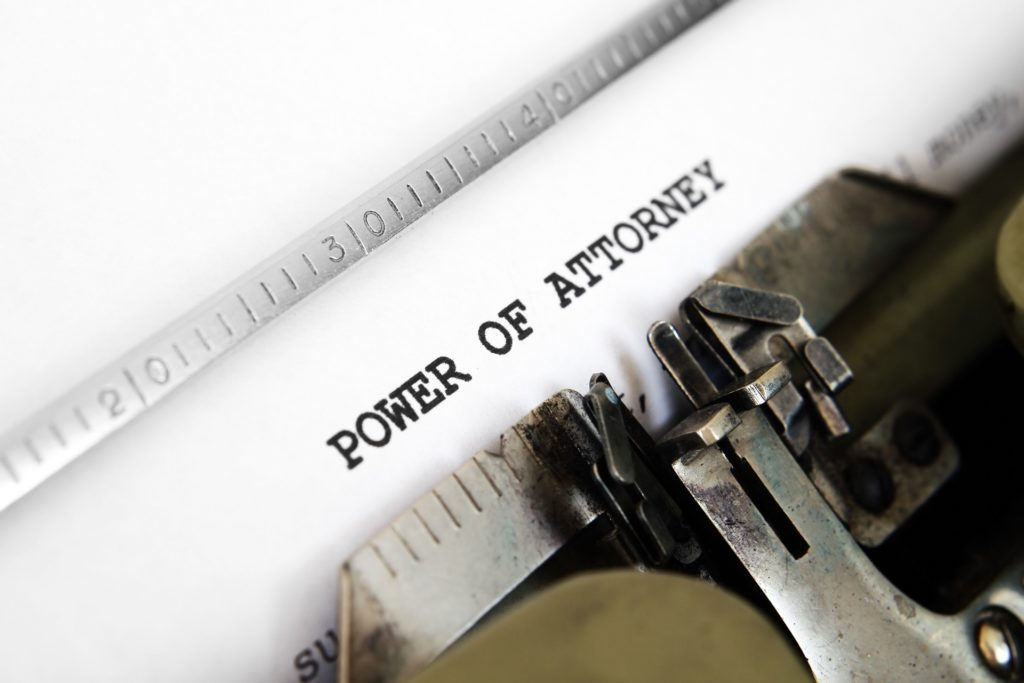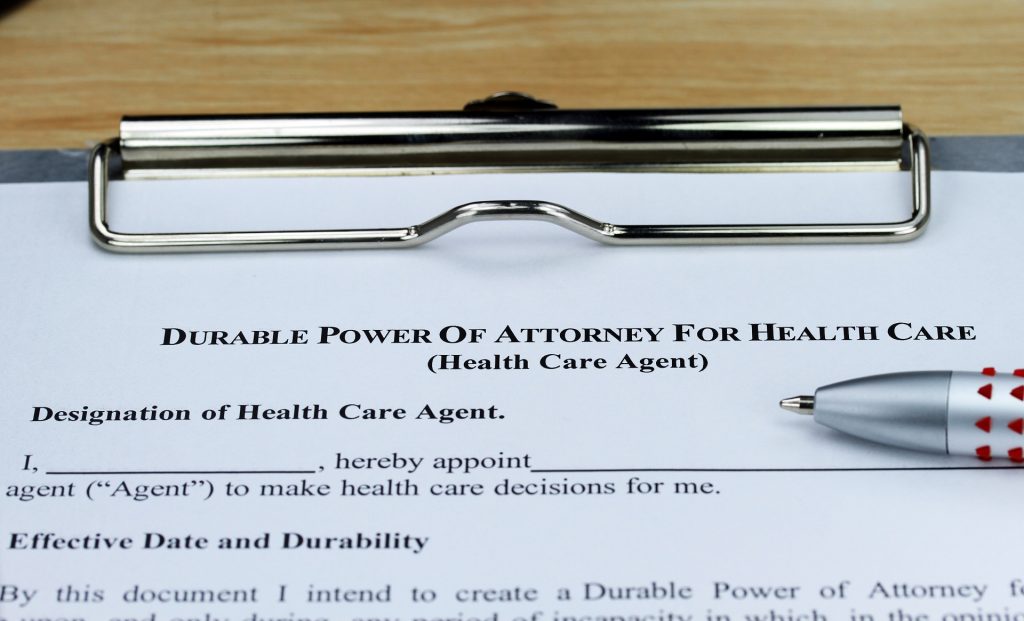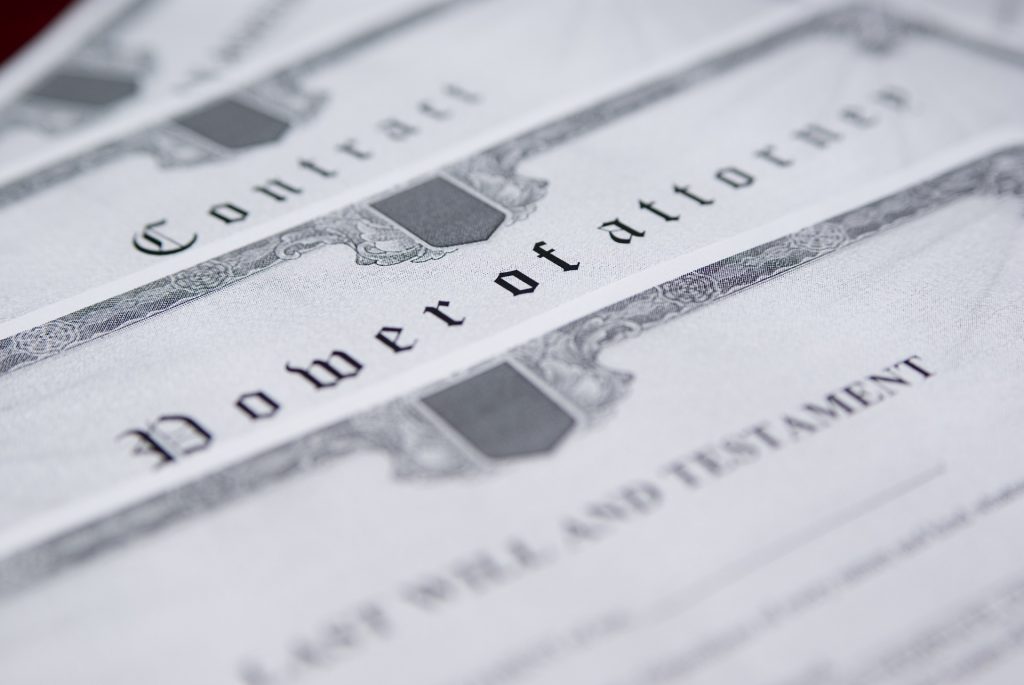
If you have an aging parent, you may have looked into getting a power of attorney or guardianship in Washington state. However, it is essential to understand that these are two very different things and apply to different situations and individuals. Understanding these differences and which option is the better fit for your loved one can be confusing, which is why it is so helpful to get the help of an elder law attorney in Washington.
Understanding the Difference Between Guardianship and Power of Attorney
If you are caring for an aging parent, you may be wondering if guardianship is the same as power of attorney. Power of attorney and guardianship are common terms when it comes to protecting and managing the affairs of elderly individuals, but they are not interchangeable terms.
If you are in the process of planning your aging parent’s affairs, you should take the additional step of hiring an elder law attorney. Not only can they help you create an estate plan and long-term care plan for your loved one, but they can also help you better understand the difference between legal guardianship and power of attorney.
Power of Attorney
Power of attorney or POA is the voluntary delegation of rights that an individual can use while they are still competent to manage their own affairs. This moves the responsibility from the individual themselves to another individual who will act as their agent or representative in certain circumstances. For instance, your parent may give you power of attorney, which would give you the legal authority to handle certain things in relation to their finances or healthcare.
A power of attorney document does not have to be filed with a Washington court, but it does need to meet the legal requirements of Washington’s Uniform Power of Attorney Act. In many situations, power of attorney is based on a conditional basis and will only become active when the aging individual becomes unable to manage their own affairs. However, it can also be beneficial for aging individuals who find managing certain things to be overwhelming or confusing.
Guardianship
On the other hand, guardianship is not the same as power of attorney as the guardianship is established by Washington court. Washington court will authorize one person to act as the guardian on the behalf of a ward who is no longer able to act on their own behalf. Unlike power of attorney, guardianship is always imposed or approved by a court, and specific guardianship control rules have to be adhered to.
Guardianship is usually required when the individual has not set up a power of attorney, or their POA arrangement is not working. A guardianship also enforces more control over the individual as the guardian will usually manage their finances, the buying and selling of property, healthcare decisions, marriages or divorces, and their right to vote.
The person has to be at imminent risk of harm for a guardianship to be established, and an elder law attorney is often necessary. An attorney can help you with the process of guardianship as well as prove that guardianship is required for the mental and physical safety of your loved one.
Which is Better: Power of Attorney or Guardianship?
Every situation is very different, so there is no way of describing a perfect fit for every person. However, when it comes to power of attorney and guardianship, power of attorney is usually the better option.
Unlike guardianship, power of attorney gives your loved one the ability to decide who will help them manage their affairs, which gives them a voice and is a much more flexible option that is easy to set up. In comparison, guardianship has to go through Washington court and usually does not give the aging individual many options or the ability to voice their opinions.
Additionally, a power of attorney is a more affordable option and is easy to set up with the assistance of an elder law attorney. It also provides more privacy since your loved one will not have to go to Washington Court and have their case evaluated in a public proceeding. If something changes in the future or the individual is not getting the care or assistance they want, a power of attorney is also easier to revoke than a guardianship.
Whether you choose to take the path of guardianship or a power of attorney, you need to consider hiring an elder law attorney. Elder law can be very complex, and an attorney can help you navigate the best options for your situation and ensure you do everything legally.
Do You Need Guardianship if You Have Power of Attorney?
A common question people have is if guardianship is necessary even if you have a POA. The good news is that establishing a POA ensures that you will not need guardianship unless something significant changes, such as the individual not complying with the power of attorney.
If it is determined that a power of attorney is required for an individual, guardianship will override the power of attorney and take its place since guardianship is established by Washington court. Guardianship also overrides medical power of attorney since it provides more control to the guardian so that they can ensure the aging individual gets the healthcare they need.
It’s important to understand that in the majority of situations, guardianship will not be necessary if power of attorney is already established. This is only required in rare instances and situations where either the aging individual isn’t complying or the power of attorney is not complying. For instance, the individual may be suffering from dementia and isn’t allowing the power of attorney to manage their affairs, or the power of attorney may be neglecting the elderly or mentally compromised person.
Get in Touch with an Elder Law Attorney Today
If you want to set up a power of attorney for your aging parent, reach out to an experienced elder law attorney at Legacy Law Group in Washington. Contact us today at 509-315-8087 to speak with one of our attorneys to get the process started.




